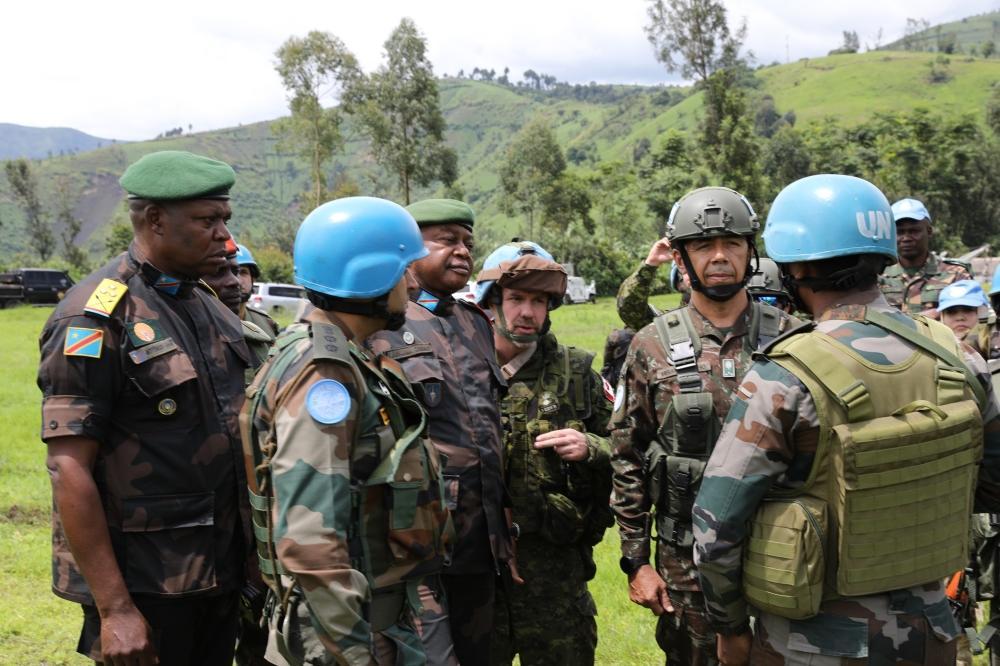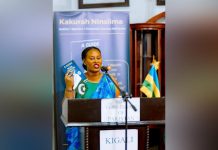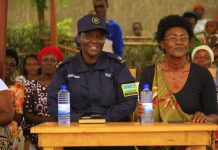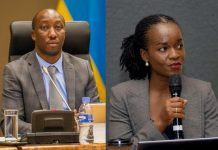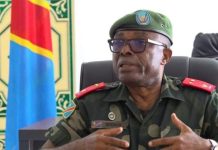Vedastus Bugabo
Africa-Press – Rwanda. UN expert reports are meant to provide impartial, fact-based assessments. But in crisis situations, neutrality is difficult to maintain. Challenges such as political pressures, unreliable data, member state interests, and logistical limitations can all influence the objectivity of these reports.
While the UN mandates neutrality and transparency, it also acknowledges such constraints. Therefore, verifying UN findings with independent sources and perspectives from all involved parties is essential for a fuller understanding.
However, many actors exploit these reports for political gain. The UN Group of Experts on the DR Congo is a clear example. Their reports have increasingly been used in Western circles to justify anti-Rwanda sentiment, echoing a broader narrative that unfairly demonizes Rwanda while shielding others from accountability.
Western powers—those who failed to act during the 1994 Genocide against the Tutsi—now seem eager to equate the liberators of Rwanda with the genocidaires they once ignored. This narrative serves a dual purpose: it absolves them of past inaction and allows continued support for genocidaires, including AFDL-linked groups now operating freely across Europe.
The result? A dangerous reframing of Rwanda’s post-genocide journey, reducing its progress to suspicion and blame. European politicians and media, particularly in France, Belgium, and the UK, increasingly echo this perspective.
One French MP even questioned Rwanda’s rejection of the UN findings with incredulity: “You mean everyone is against Rwanda?” Yes—many in Rwanda and among independent observers believe exactly that.
Western claims are often based on misinformation. For instance, the figure of 10 million deaths in Eastern DR Congo, frequently cited by high-profile Europeans, is not supported by credible data. The “UN Mapping Report” never recorded such numbers—instead, the World Peace Foundation notes 39,248 violent deaths in that period. Yet, this exaggerated claim is weaponized to accuse Rwanda of mass atrocities.
Similarly, the often-cited figure of 7 million displaced people due to M23 ignores the facts. The UNHCR reported 5.2 million IDPs displaced before M23 re-emerged. Recent IOM data (March 2025) shows only 1.1 million current IDPs in North and South Kivu. So why does the 7 million figure persist? Because it fits a convenient narrative—one that places sole blame on Rwanda and M23 while ignoring the roles of FARDC, FDLR, and Wazalendo militias.
The October 2024 MONUSCO report showed that of 663 civilian deaths between June and September, M23 was responsible for 71—compared to 467 by ADF and 346 summary executions by Congolese security forces. Yet, Western media attributes nearly all civilian suffering to M23 and, by extension, Rwanda. Even sexual violence in IDP camps where M23 is absent is blamed on them, while the crimes of FARDC and its allies are downplayed or ignored.
This distorted view prevents meaningful solutions and inflames tensions. It turns a complex regional crisis into a simplistic morality play of good versus evil. But there are no saints in this conflict—only a tangled web of armed groups, local grievances, and failed governance.
The claim that Rwanda is in the DR Congo to loot minerals is similarly weak. It’s easily disproven by data and history. A Belgian MP once claimed Rwanda has “not even a single gram of gold”—an absurd statement given Belgium’s long history of mineral extraction in Rwanda and modern geological surveys. If such a claim were true, why has the EU signed mineral agreements with Rwanda?
One European MP even whispered, “Why do genocide victims become aggressors?” The answer is simple: they haven’t. They’ve just taken seriously what “never again” means. Countries like Rwanda, shaped by genocide, know they must protect themselves.
Condemnation won’t save them from armed groups like FDLR, who have threatened Rwanda’s borders for over 30 years. Strangely, some Western powers support military action thousands of kilometers from home in the name of security, yet question Rwanda’s right to do the same next door.
“Why don’t you accept the UN experts’ findings?” the French MP asked. But why should Rwanda accept flawed reports without question? Other countries reject UN findings all the time. The U.S. dismissed UN criticism of Guantánamo Bay.
The UK condemned a UN poverty report as “inflammatory.” France pushed back against scrutiny over its counterterrorism laws and peacekeeping misconduct. Belgium rejected accusations of systemic racism by UN experts. Disagreeing with the UN is not new—and certainly not unique to Rwanda.
The issue is not whether UN reports should exist, but whether they should be treated as infallible—especially when they carry real geopolitical consequences. In the Great Lakes region, UN reports have historically lacked methodological rigor and have often ignored local context. Used recklessly, they have fueled hatred and even encouraged genocidal rhetoric.
The international community must recognise these risks. It should demand transparency, fact-checking, and a balanced view when interpreting these reports. Without that, flawed narratives will continue to justify misinformation, marginalize Rwanda, and hinder regional peace efforts.
If peace is the goal, then accuracy must be the foundation. And Rwanda—like any country—deserves the right to be heard, not just accused.
Source: The New Times
For More News And Analysis About Rwanda Follow Africa-Press

